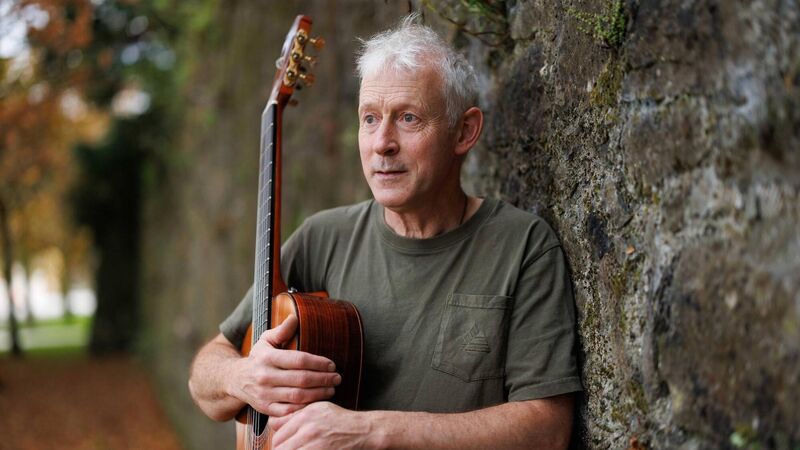Ger Wolfe: Cork singer gives voice to songs collected in Baile Mhúirne over 100 years ago

Ger Wolfe is originally from Mayfield but has been living in Múscraí for many years. Picture: Eamon Ward
An outsider’s eye often provides insights unseen by those close to their subject, but it was Alexander Martin Freeman’s ear for Cork’s Irish language singing that made the English scholar the unlikely custodian of sean-nós songs that might otherwise have been lost.
London-born Freeman collected songs in Baile Mhúirne in 1913-14, using staff notation and transcribing the Irish words phonetically, with English translations. Among many song collectors to visit the Múscraí area, Freeman’s use of phonetic spellings has been suggested as a cause of his collection remaining in relative obscurity until drawn upon by Seán Ó Riada and latterly singers including Iarla Ó Lionáird.




